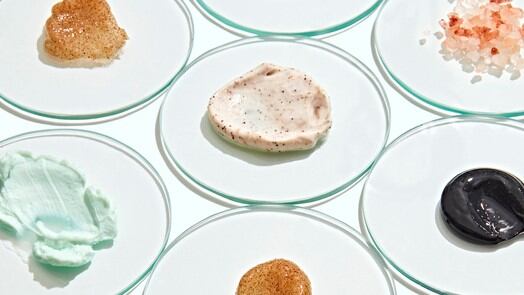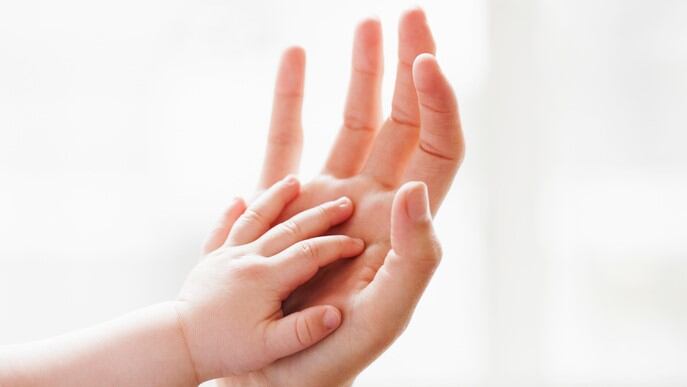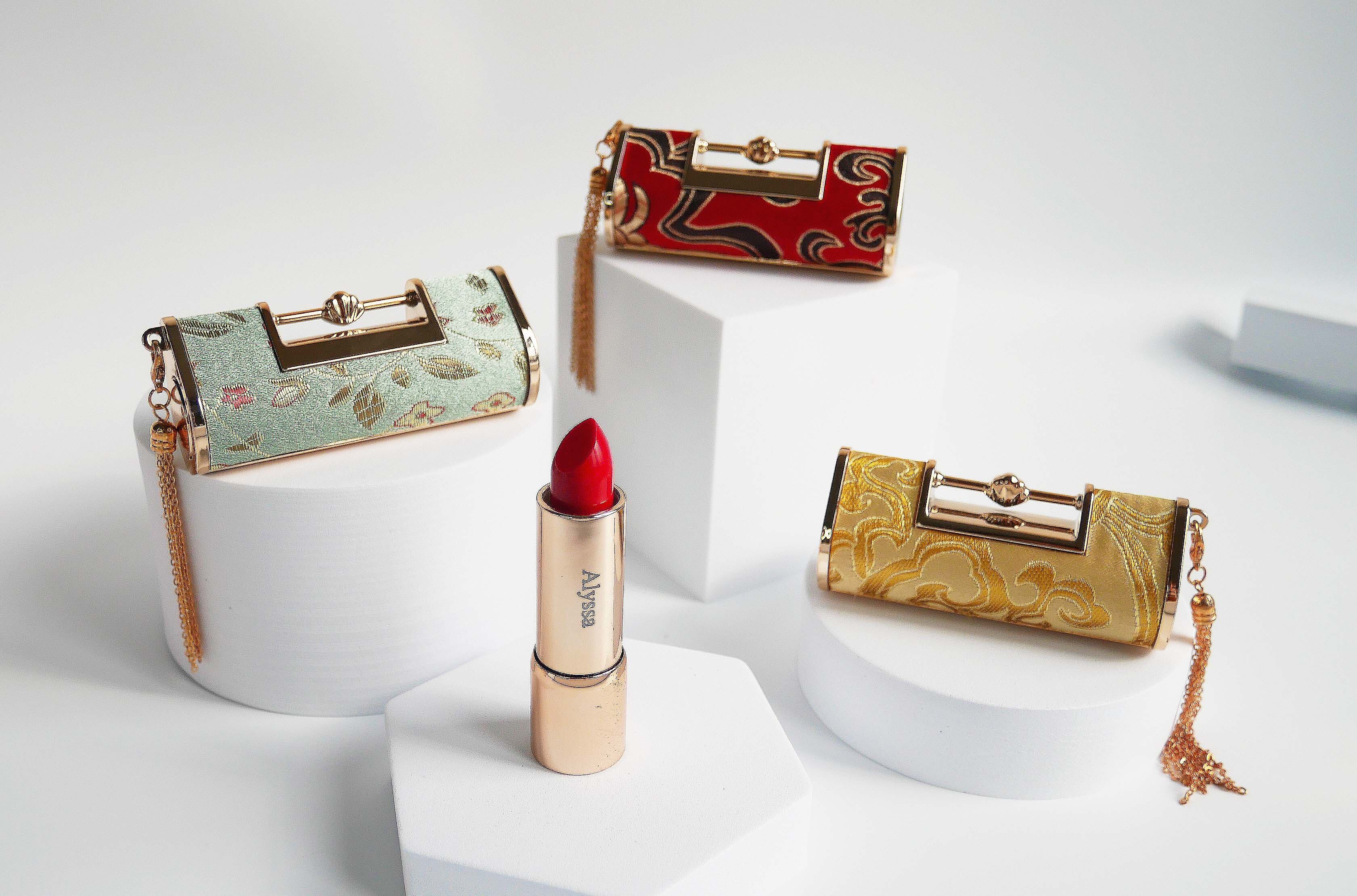When the COVID-19 outbreak forced the world to close its doors and borders, it also kickstarted a new era of digital transformation. The pandemic accelerated the adoption of virtual try-on technology and more creative use of artificial intelligence (AI) and augmented reality (AR).
As people’s lives become more dominated by digitisation and technology, beauty players are evolving to adapt to the shifting lifestyles and buying behaviours of the digitally savvy consumer.
At the same time, this tech drive is pushing innovation in personalised beauty, a trend which has continued to build despite of the pandemic.
This year alone, CosmeticsDesign-Asia has reported on a slew of personalised beauty innovations that address the trend in varying ways including DNA testing, teleconsultations, and tapping on ancient remedies.
“We can expect further development in this area, as well as the growth of customised products, co-created by the consumer. Brands that enable shoppers to personalise their products in terms of their look, ingredients, and promised benefits tap into personalization trend, which is likely to define the future of personal care space,” said Nina Nowak, Senior Innovation Researcher, Global Data
Bespoke post-pandemic solutions
While there have been several developments in skin care, hair care, and fragrances, personalised colour cosmetic innovations have been far and few in comparison. And with the decline in make-up because of the pandemic, what can we expect for the future of personalised make-up?
The rapid growth of e-commerce and the digitalisation of consumer lifestyles is opening doors to innovation in the make-up category, said Nowak.
“Consumer habits were heavily affected by the pandemic, resulting in a lower interest in make-up. As social distancing rules are being lifted and consumers gradually return to socialising, the demand for make-up is rise again. However, to capitalise on this returning demand, brands need to recognise that shoppers’ needs and expectations have changed permanently,” said Nowak.
With a higher focus on health and wellness during COVID-19, consumers are looking for make-up that will not only have a cosmetic effect but also improve the skin like skin care does.
“The stay-at-home lifestyle fuelled consumer interest in skin care, which has for many replaced elaborate make-up routines. Fusing the two categories and developing hybrid products with both instant and long-term benefits could be a way for make-up brands to reclaim the interest of consumers. Products with multifunctional, yet personalised image could fit the criteria of consumers returning to their pre-pandemic lifestyles,” said Nowak.
According to data from GlobalData, more than half (55%) of consumers in the Asia and Australasia region admitted that how a product impacts their health and well-being always or often influences their choice.
“The preference for health-related benefits can be translated to the make-up category, with high-performance formulas and skin-friendly ingredients being incorporated into colour cosmetics,” said Nowak.
At CES 2020, Proctor & Gamble (P&G) showcased the Opté, a handheld make-up printer that is equipped with tiny cameras that scan the face for blemishes like hyperpigmentation and age spots.
As it scans the skin, the device camouflages the blemishes with make-up that also contains niacinamide that helps to fade spots over time.
“More time spent at home have allowed shoppers to devote more time to skin care and developing new beauty rituals. Therefore, make-up claims and benefits should be re-evaluated by beauty brands striving to fit in the new beauty routines. Make-up products with a skin care halo and easy application method could provide the in-demand kind of personalisation.”





